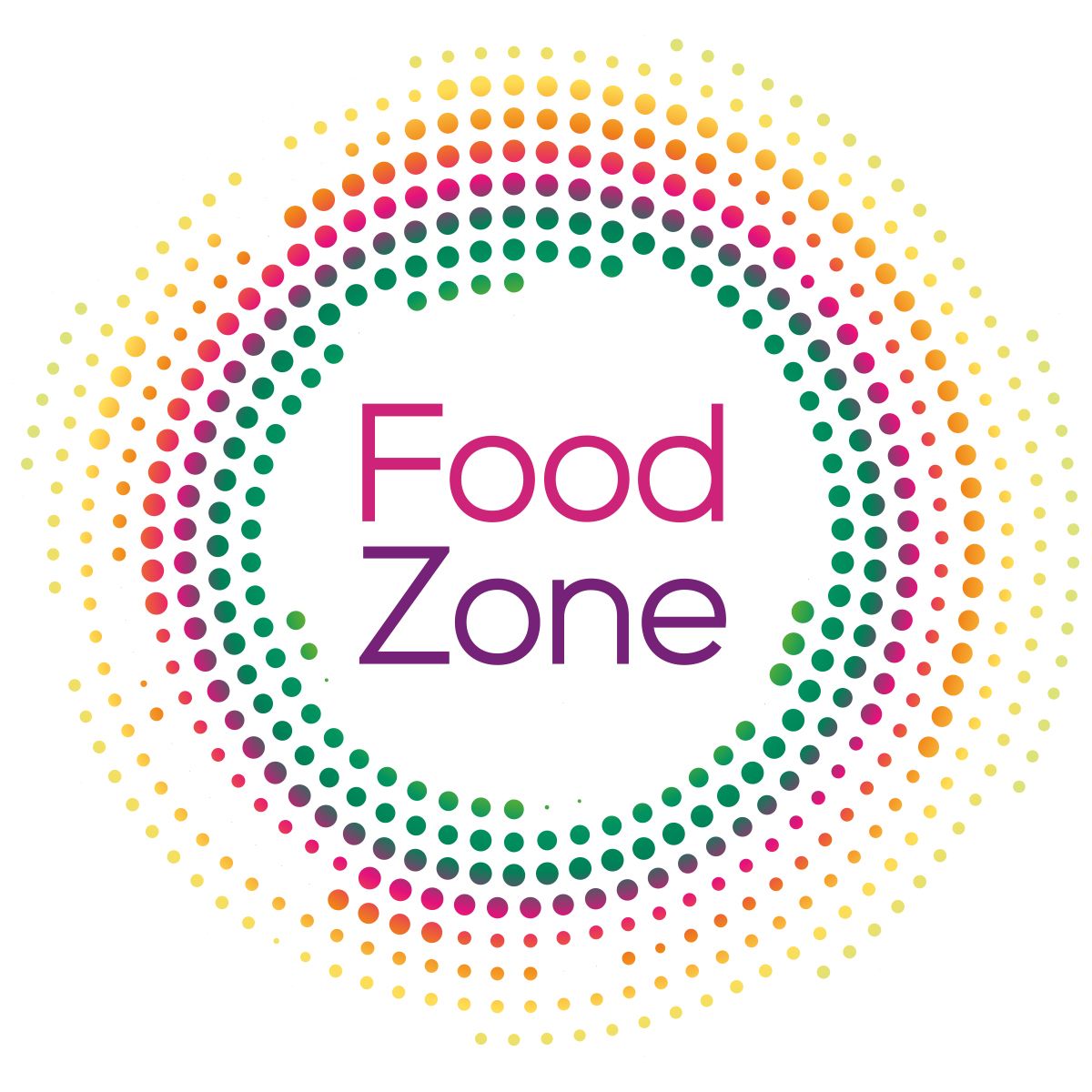The Nicosia Tourism Board (NTB) is participating in the project “FOOD ZONE – Supporting the Skills of Food Producers, SMEs, and the Tourism Ecosystem through the Development of Regenerative Food Tourism Experiences.”
In the last decade, the term “sustainable” has been consistently associated with tourism development, emphasizing the importance of protecting the environment and host communities through the provision of sustainable tourism services. However, sustainability goes beyond a one-dimensional practice, as it primarily calls for providers of tourism services to engage in sustainable tourism development and services. In recent years, there has been a significant contribution from the visitors themselves to the revival/regeneration of primarily remote areas through their active participation in the cultural evolution of the destination and the daily life of the local community as an indelible source of authentic experience.
Regenerative tourism positions the visitor as an integral contributing part to the rejuvenation and revival of the destination, surpassing the basic principles of sustainability.
The Food Zone project is co-funded by Erasmus+ and aims to support and develop the skills of food producers, small and medium-sized enterprises in the tourism sector, and the overall tourism ecosystem in mountainous and remote areas. This will be achieved through the development of gastronomic tourism experiences within the framework of “Regenerative Tourism – Tourism of Revitalization.”
The main beneficiaries of the project are the Chamber of Commerce and Industry of Katheres – Spain, the Nicosia Tourism Board and Promotion Agency – Cyprus, the organizations Eurakom – France, Domspain – Spain, Lanara Consulting – Slovenia, the Municipality of Tivat – Montenegro, and the University of Aveiro – Portugal.
Among other things, the project will study and document best practices at the international level. It will also conduct extensive research to capture the challenges and obstacles faced by producers in developing such experiences. Based on the findings, a specifically designed platform and educational material will be developed to train food producers and other small and medium-sized tourism enterprises in mountainous and remote areas. For the training, pilot applications of interactive workshops will be carried out in all participating countries, as well as rapid incubators of new gastronomic experiences (Food Zone Blended Incubator) within the framework of Regenerative Tourism.
The project has a duration of 30 months and a total budget of 250,000 euros.
Stay tuned for all the project updates by following the Food Zone Project page on Social Media.
https://www.linkedin.com/company/92967702/admin/
https://www.facebook.com/foodzoneerasmus
https://instagram.com/foodzoneproject

